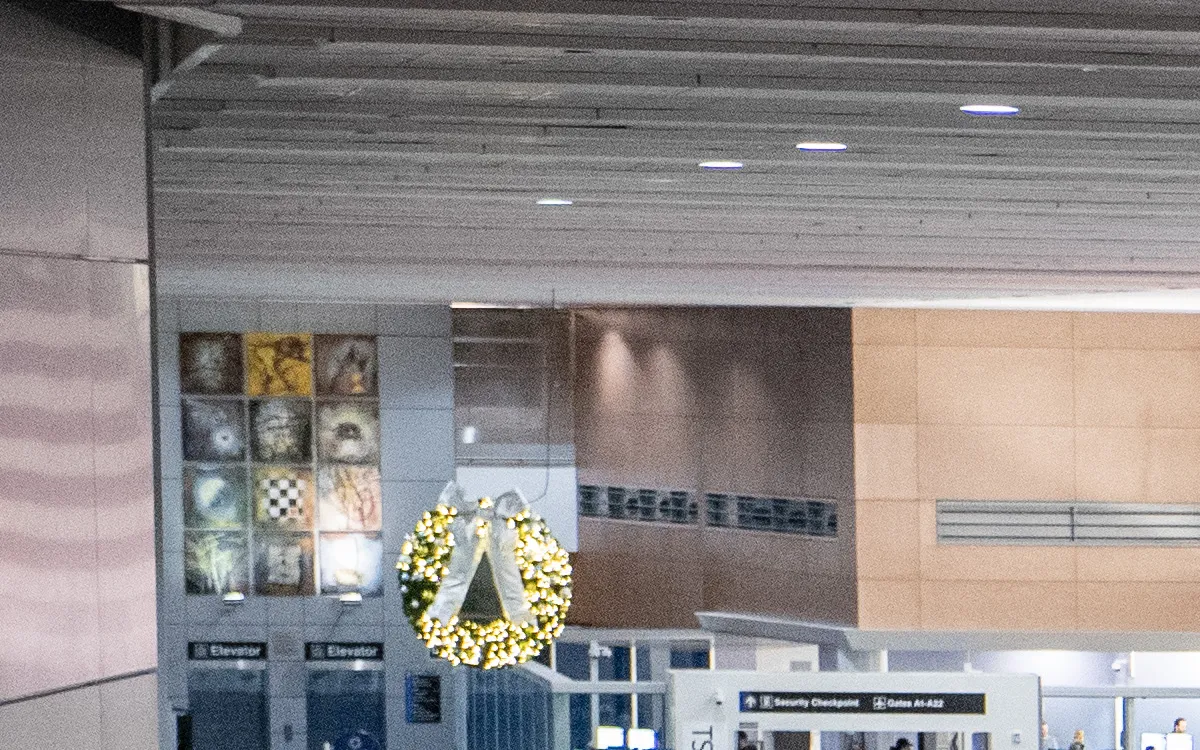
The recent court filings submitted by the Justice Department on Monday mark the first public disclosure regarding the deportation of 34-year-old Alawieh. Despite holding a U.S. visa that is typically granted to individuals with specialized skills—often due to the difficulty employers face in finding American candidates—Alawieh was deported on Friday. These claims also highlight her alleged connections to Hezbollah, coming just ahead of a scheduled federal court hearing about the government's compliance with an order issued by U.S. District Judge Leo Sorokin.
Initially set to convene on Monday, Judge Sorokin postponed the hearing moments before it was to begin. He instructed the government to provide additional information regarding the circumstances of Alawieh's deportation within a week. The government, represented by Customs and Border Protection (CBP), asserted that there was no intention to disregard the court order. CBP official John Wallace stated in a sworn declaration that officials at Boston's Logan Airport had not received formal notice of the court order prior to Alawieh's deportation on an Air France flight to Paris.
Alawieh has resided in the United States since 2018 after arriving on a student visa to pursue a nephrology fellowship at Ohio State University. She subsequently participated in similar programs at the University of Washington and an internal medicine program at Yale University. Her journey took a dramatic turn when she arrived at Boston Logan Airport on Thursday, where CBP officers detained her for questioning and conducted a search of her phone, delaying her admission into the United States.
With assistance from her cousin and legal counsel, Alawieh's team filed a habeas corpus petition on Friday evening, which was recorded in the U.S. District Court in Boston at 6:43 p.m. Shortly thereafter, at 7:18 p.m., Judge Sorokin issued a court order stipulating that Alawieh “shall not be moved outside the District of Massachusetts without providing the Court 48 hours’ advance notice of the move and the reason therefor.”
According to a court filing made public on Monday, a member of Alawieh's legal team reported that she was at the airport on Friday night when the court petition was submitted. The attorney, Clare Saunders, attempted to communicate this information to a CBP officer named Officer Collins but was unable to reach him or any other officers in the area. “I yelled loudly and repeatedly through the office trying to get an officer’s attention,” Saunders detailed in her filing. Despite her efforts, including multiple phone calls to the posted contact number, she received no response.
Wallace's declaration noted that CBP officers escorted Alawieh to the gate around 7:20 p.m. Flight tracking data confirmed that the Air France flight from Boston to Paris departed at 7:43 p.m. and took off at 7:59 p.m., just moments after the court order was issued.
In a follow-up order issued on Sunday, Judge Sorokin referred to the allegations of non-compliance with his earlier order as “serious” and mandated a written response from the government by Monday. He also required the preservation of all relevant documents related to Alawieh’s case.
Amidst these developments, there was uncertainty regarding the continuation of the hearing due to a shake-up in Alawieh's legal team. In a court filing submitted on Sunday night, immigration lawyer Stephanie Marzouk requested a postponement of the hearing. “While petitioner intends to seek to return to the United States at the earliest opportunity, she is no longer in transit,” Marzouk noted, explaining that Alawieh's legal representation was in transition, requiring additional time for new co-counsel to prepare for the case.
Additionally, attorney John Freedman from the firm Arnold & Porter indicated that he and his colleagues were seeking to withdraw from the case due to further diligence, though he did not provide specifics regarding their reasons for stepping back.